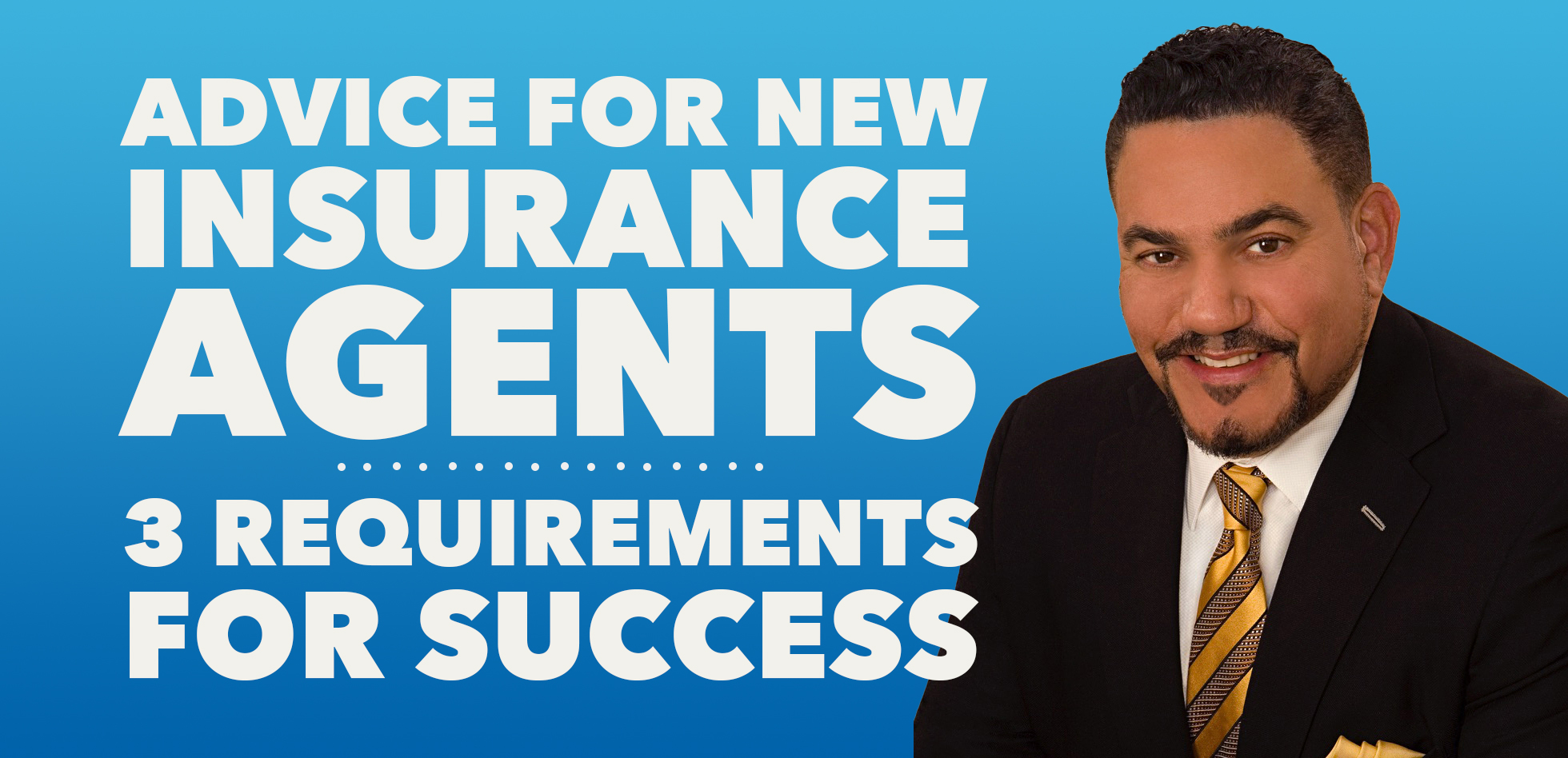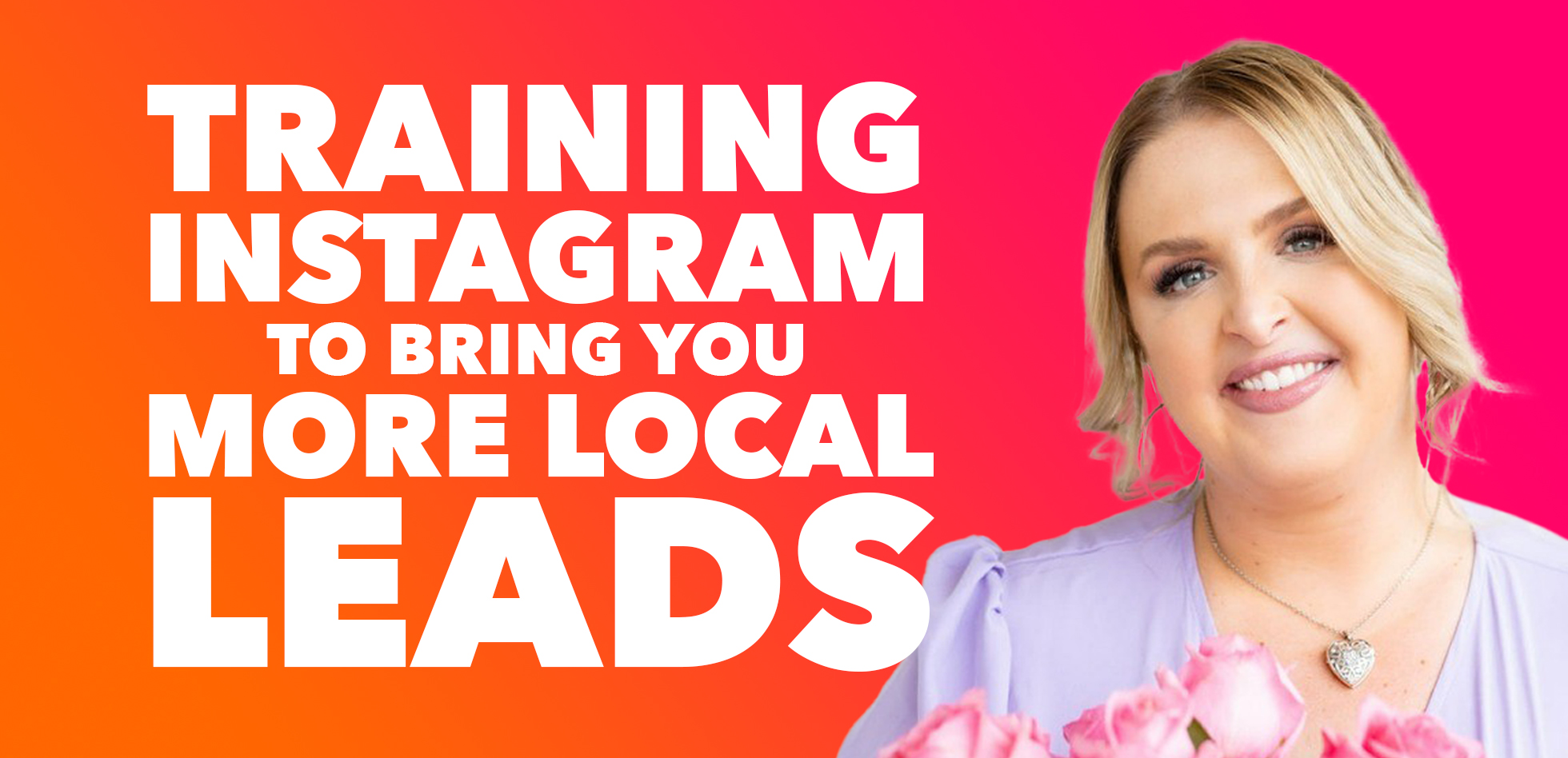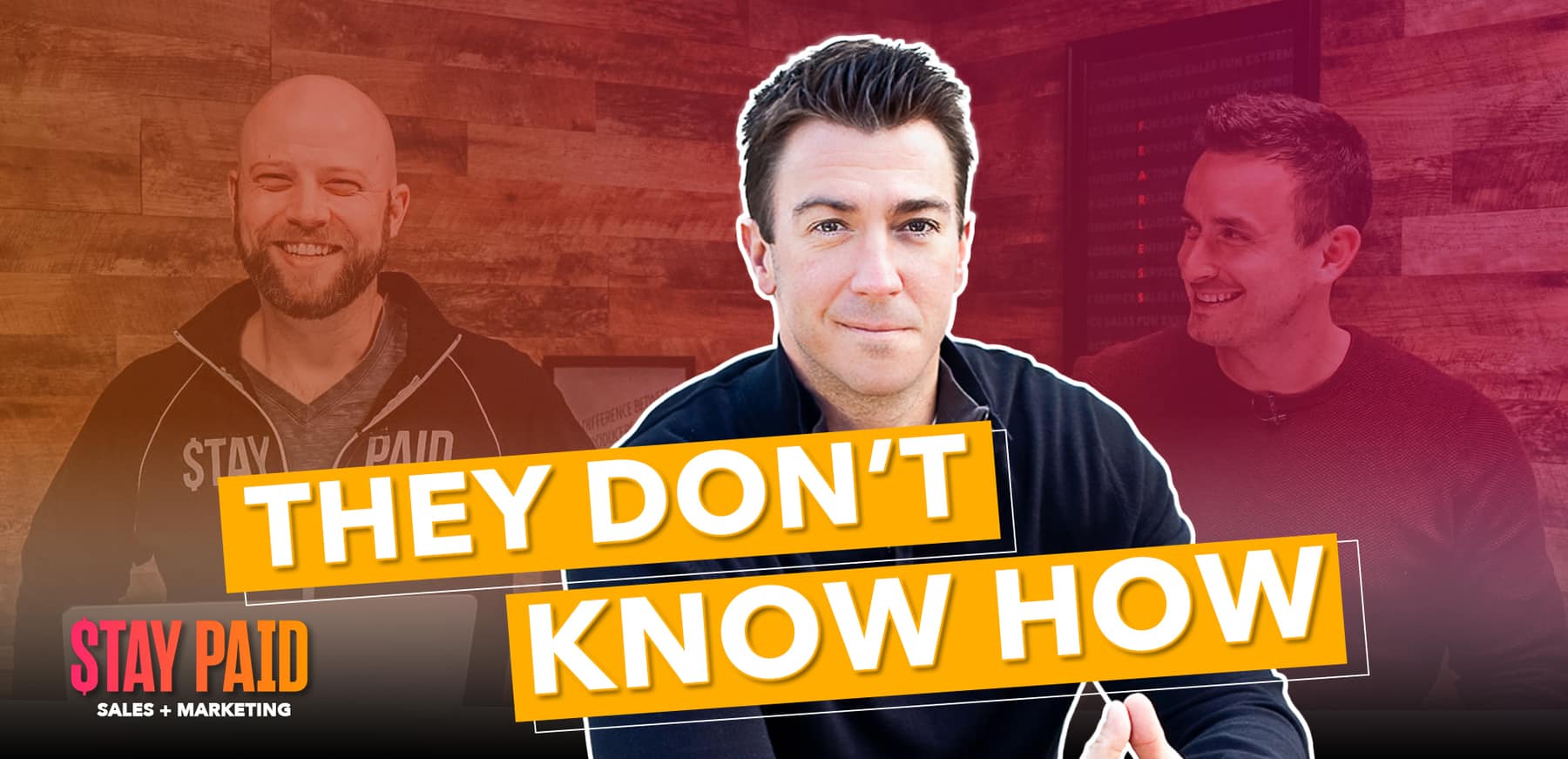How to Ask for a Referral and Who to Ask
If you don’t ask every client for a referral, then good for you!
The most effective and beneficial way to ask for a referral that will turn into a bona fide new lead is to have an honest, in-depth conversation (akin to an interview) with the people who best represent your ideal client.
So says Dan Allison, this week’s guest on Stay Paid.
Dan has training as a clinical and behavioral psychologist, but for the last 18 years, his company, Feedback Marketing Group, has been helping businesses generate more referral activity from their existing clients.
Dan’s own success in asking for referrals began while he was in graduate school.
With a colleague, he started a business that helped parents whose children have severe emotional problems. His passion was to assist these families transfer the care of their children to professionals who were equipped to serve their needs.
In the five years he owned this business, and through the sole power of referrals, it grew to $20M with 70 locations and 500 staff.
Now, Dan is an expert not only in knowing how to ask for a referral but also who to ask.
And while there is no shortage of advice about how to ask for a referral, Dan’s approach is far more comprehensive, analytical, and requires more time than most.
Feedback Marketing Group’s specific process is their bread and butter, but essentially, they conduct comprehensive interviews with a client’s select list of customers. In the end, they know that the best client referrals will come from customers who:
- see so much value in their own experience with a business that they would confidently take the risk to refer someone very important;
- understand the comprehensive nature of all that business does and can convey its value proposition in a way that makes an impact;
- have a clear idea of the type of person who would be an ideal client for that business;
- understand that a personal introduction is needed to make the referral occur;
- are comfortable in providing referrals.
You can develop your own interview questions geared toward finding clients who have these five characteristics.
- If you have many clients, try to identify the ideal clients for what you do. Pick a normative sample of those people, and then figure out a way to do something personal with that sample.
- If you’re running a smaller operation, select the 50 who generate 80% of your revenue and conduct personal interviews with each of them. That’s about one interview a week.
Educating clients about how to provide referrals
If any of your clients had the five characteristics Dan identifies, yours would be the rare exception. More likely, at most you’ll have some clients who possess two or three.
One characteristic most often missing from potential referral clients is an understanding of your value proposition.
Additionally, you don’t want your clients to refer a random sample of everyone they know. You want clients, as Dan says, “You would hate to lose and would love to clone.”
Consequently, you need to take steps to educate your clients and make sure they understand:
- all your services, and why you stand out from others who do the same thing;
- the type of person you can best serve.
A great referral begins with you
Of course, if you are going to educate your clients about your value proposition and ideal client, then you need to understand them yourself (many don’t).
If you would like some advice about nailing down your value proposition, you can consult these resources:
- How to Compose a Compelling Value Proposition (blog)
- Create a Bulletproof Value Proposition Today (video with transcription)
As for your ideal client, think about your target audience and the niche you market to. Who among the throngs of people belong to this exclusive group?
Who is Your Ideal Client? is another blog that can provide some assistance.
In constructing an image of your ideal client, you want the description to be detailed. The more defined your description, the more effective your marketing. Avoid generalities and go beyond simple demographics.
Use your marketing channels to educate your clients
Explaining to your clients what you do, how you do it, and why it’s different from others who do the same thing is a very large component of your branding strategy.
And just like you strive to make your brand highly visible across all your marketing, you can do the same with your value proposition by tying it tightly to your brand.
You can:
- Create a tag to accompany your logo that includes your value proposition.
- Identify all the places in your written messages where you could include a full list of your services.
- Include a comprehensive explanation of your services when meeting with clients who likely only know about 20% of what you do.
- Create a video for social media, such as a branding ad for Facebook that describes all your services.
To get quality referrals that will provide you with real opportunities to serve clients of your ideal type takes more time and effort than printing “We love referrals” at the bottom of an invoice.
But if you can make an effort to conduct interviews and have an honest exchange with your best clients, you’ll be rewarded with more clients “you would hate to lose and love to clone.”
Key Points
- The willingness to give a referral is based on two judgments: how much value the client attributed to their experience and how comfortable they are with the risk involved.
- The typical client who provides referrals doesn’t know how to do it so that the referred professional gets the opportunity to win a new client.
- Referrals are about being helpful—not to the provider of a service—but to themselves and the people they recommend to the provider.
Action Item
Conduct an interview with the clients who are the type you’d love to have more of and get their honest feedback.
Connect | Resources
- Brokers’ Clearing House Ltd.: bchlife.com
- Ep. 108: Interview with David DeCelle, “The Best Networking Strategies for Growing Your Client List.”



















 Soundcloud
Soundcloud iHeart Radio
iHeart Radio Spotify
Spotify Spotify
Spotify


